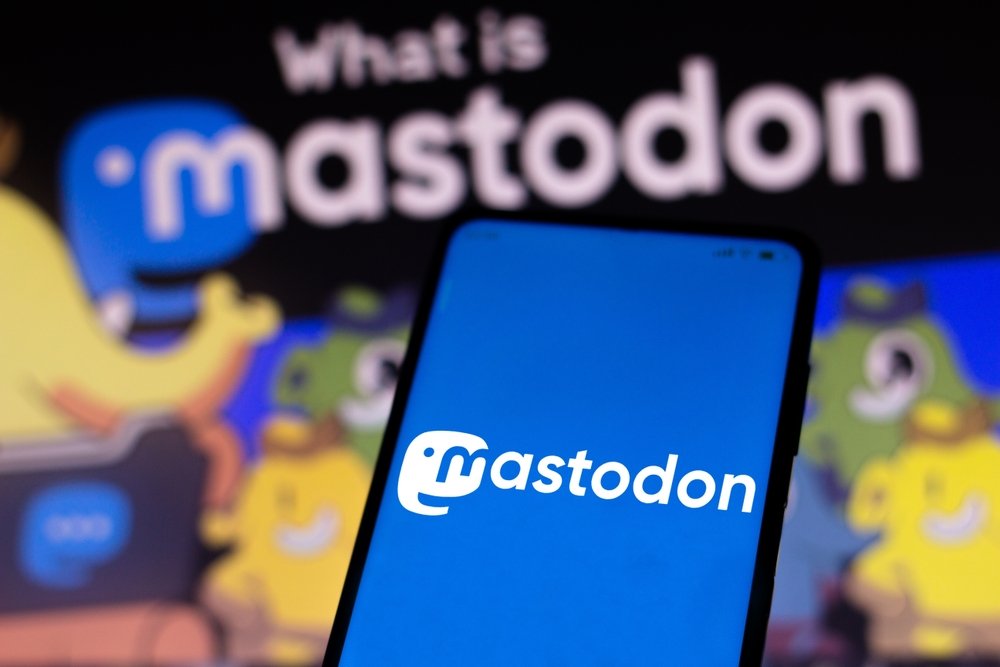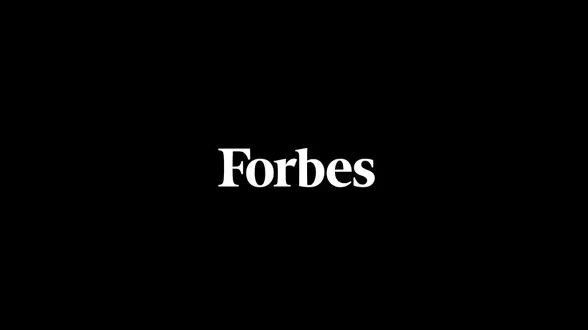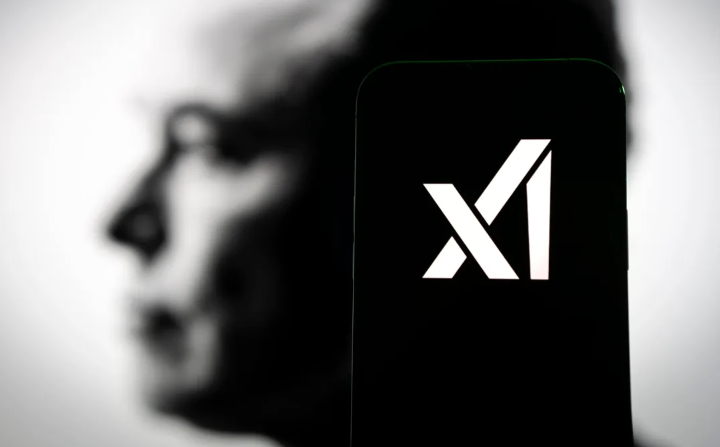Those upset by the changes to Twitter and Elon Musk’s acquisition are migrating en masse to Mastodon. Is this migration permanent? Is the app easy to use? Is hate speech or disinformation possible? What are the advantages and disadvantages of Mastodon?
Mastodon has been taking the social media world by storm in recent weeks. Founded in 2016, the Germany-based social media app has been the biggest beneficiary of the user discontent caused by Elon Musk’s purchase of Twitter, which asked undecided voters to vote for Republicans ahead of the US midterm elections. The number of people using the app as a result of the “Twitter migration” exceeded 1 million as of November 7. As the spotlight of the digital world turned to Mastodon, the number of articles about the app increased rapidly. Among these, Firstpost.com stands out with a detailed analysis of Mastodon. Here are some excerpts from the analysis:
“Twitter is now an Elon Musk platform. The billionaire businessman is now bringing numerous changes to the blue bird. These changes, including firing half the staff and opening a ‘Twitter Complaint Hotline’, have left some users looking for a new platform for their other daily posts.
That’s where Mastodon comes in. No, we’re not talking about an extinct mammal, we’re talking about a social media platform that has been around for six years and is now popular with people. The day Musk took over Twitter, the platform gained 70,000 new users.
The platform, which proudly proclaims that it is “not for sale”, is similar to Twitter, but free to use and ad-free. As people migrate to this not-so-new platform, we better understand this decentralized microblogging site and why people are making it their new online home.
What is Mastodon?
Mastodon is a microblogging alternative to Twitter. The most important feature of Mastodon is that it is not centrally managed; it is made up of independent, user-managed servers. Users are tied to a specific server, but can freely interact with others.
By its very nature decentralized, Mastodon was developed by Eugen Rochko, a German software engineer who was once an ardent supporter of Twitter but later became disillusioned with the platform. Rochko launched in 2016 with the support of Patreon, which provides funding to start-ups.
Mastodon is similar to Twitter in many ways, although the terms and phrases used are slightly different. There are “toots” instead of “tweets” and messages of up to 500 characters can be shared. These toots can be favorited and “boosted” to our followers, like a “retweet”.
When you share a “toot” with other users, these posts also appear in the timeline of followers who follow both users. As you may be familiar with Twitter, you can bookmark Toots and create lists of users showing their Toots.
By the way, all timelines are strictly chronological. This means that posts appear in the order they were posted. Compared to Twitter, Mastodon’s service is a huge boon, as Twitter’s algorithm highlights the posts it thinks the user wants to see.
How does Mastodon work?
Although similar to Twitter in many ways, Mastodon works differently. At the first account launch, the platform has a network of servers called “instances”. Users who sign up for the app are asked to search through topics and languages to decide and choose a server right away. There are categories such as technology, music, gaming and art. Some are open to join, others require users to be put on a waiting list.
Users can follow and interact with users on any server. The only reason you won’t see content from a server is if it is set to “private”.
What is interesting here is that each server is run by an independent organization or person: The creator of the server decides the rules and manages the content.
Also, users can join and leave other servers as they wish. According to Mastodon’s official website, this flexibility allows server owners to respond to the needs of their users. “You can join a server with rules you agree with or host your own.”
What does a distributed network do?
It is important to note that unlike Twitter, Mastodon is not owned by a single person or company. Mastodon is a “distributed network” that connects a large number of servers, a collective network that is not centralized. All servers are owned by different people or organizations.
Distributed networks are increasingly common in the tech world because they cannot be sold or bought and are not subject to the whims of a single person or company. Speaking to Time magazine, Rochko explained the choice as follows: “I felt that being able to express myself online through text messages to my friends was very important to me, important to the world, and maybe shouldn’t be in the hands of one person or company. It’s about a sense of distrust of the top-down control that Twitter exerts.”
What are Mastodon’s vulnerabilities?
Aside from the short-term problems caused by the app being in its infancy and moving away from the blue bird, there are some other issues unique to Mastodon.
The most glaring problem with Mastodon is that you have to leave the fate of your account to the whim of the person or organization running your server. A Mastodon server administrator has ultimate control over everything you do. If you decide to leave that server, you will lose your account.
A server administrator can, if they so choose, snoop into an account’s proprietary tools or delete an account for any reason. That’s why Rochko says that new users should check who runs the server before joining. “Is it an organization with a history, is it trustworthy, is it going to be around for a long time, but also has a policy of moderation? These are the things to look for,” he says.
“The ‘good ones’ have rules against hate speech and provide basic requirements like backups so that if one of the admins gets hit by a bus, the server won’t disappear,” Rochko added. He adds that Mastodon’s homepage includes a list of vetted servers that meet these criteria.
Should he migrate to Mastodon?
With Musk taking over Twitter, many users fear that the platform will become a cesspool of hate, given the tech billionaire’s views on what they perceive as ‘free speech’ and moderation.
Many have already switched from Twitter to Mastodon. Hollywood actor and comedian Kathy Griffin joined in early November, and singer Sara Bareilles said, “Wow. It’s been a fun Twitter. I’m out. See you on other platforms,” was her final tweet.
So, should you use Mastodon? Although it may seem complicated compared to Twitter, you quickly get used to Mastodon. And if you’re worried about Twitter, Mastodon might be the place to be.
As The Verge says, “It’s a rare chance to join a growing network in its infancy. That is, before it succumbs to the fate of many of its contemporaries and becomes inundated with politics, birthday updates and mindless rants.”
the main source used: https://www.firstpost.com





